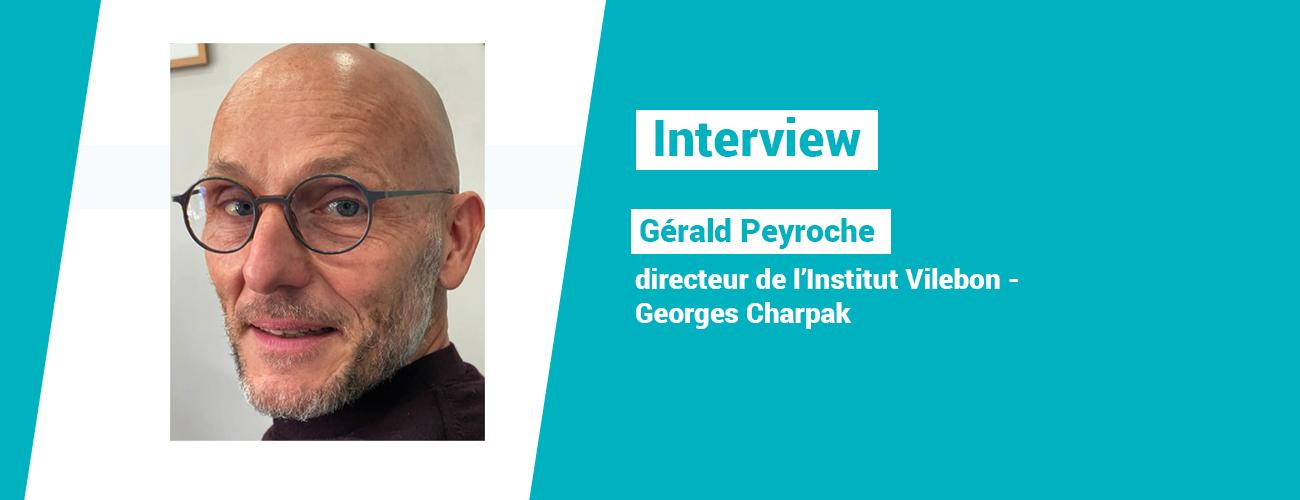
Newsletter 19 - Interview with Gérald Peyroche, Director of the Institut Villebon - Georges Charpak
Interview with Gérald Peyroche, Director of the Institut Villebon - Georges Charpak which celebrates its 10th anniversary and the renewal of its GIP status (Public Interest Group).
The Institute is approaching its 10th anniversary. Tell us what you’ve achieved so far.
The Institute was set up with a clear goal in mind: to help students from diverse backgrounds access top positions in public- and private-sector organizations, by offering inclusive science and technology programs. Our undergraduate Science & Technology degree is one example.
We’ve seen excellent results: an 80% success rate over three years, with 95% of students continuing to further study, and our first alumni entering the labor market and securing their desired job.
Why? We put it down to our non-conventional teaching formats and the personal support provided by the teaching team, student tutors from graduate engineering schools and mentors from partner companies. This support boosts students’ engagement and wellbeing, encourages them to stay in education, and helps them plan for the future. The multidisciplinary nature of our courses contributes too, giving students a fresh perspective on each subject and even helping them master areas they previously found challenging. The paths chosen by our graduates are not always what you might expect based on their prior educational record – studying here opens up doors despite the initial challenges these students face.
On our undergraduate program we regularly experiment with more unconventional teaching practices. Over 60 have been tested already, with very positive results. For some, we’ve had time to conduct research that has proven their impact on student success. Beyond the undergraduate program, we’re carrying out action research at the recently created Educational Experimentation Center (CEP). To date, over 200 people from a wide range of higher education institutions have been involved, and more than 50 papers and presentations have been prepared for international conferences.
Our only regret is that we don’t yet have many spin-offs in more traditional higher education settings. This is due to the time lag between experimentation and implementation, and the difficulties inherent in scaling up.
More good news – the Institute’s status as a GIP (Public Interest Group) has just been renewed. What’s the roadmap for the years ahead?
Our goal is very clear: we want to strengthen and develop the Educational Experimentation Center. The aim is for the center’s activities to benefit external organizations as well as members of the GIP. For example, in Clermont-Ferrand, the CEP is going to help create a graduate engineering school focused on sustainable development.
The Institute’s business model is fragile – to achieve our goals, we need €350,000 of annual funding on top of the funds contributed by the members of the GIP. This means we are very dependent on investments from the corporate sector. The members of the GIP play a key role here, leveraging their reputation and networks to attract interest from companies – for example, it was the ParisTech Foundation that successfully raised the sponsorship money for the creation of the Institute!

